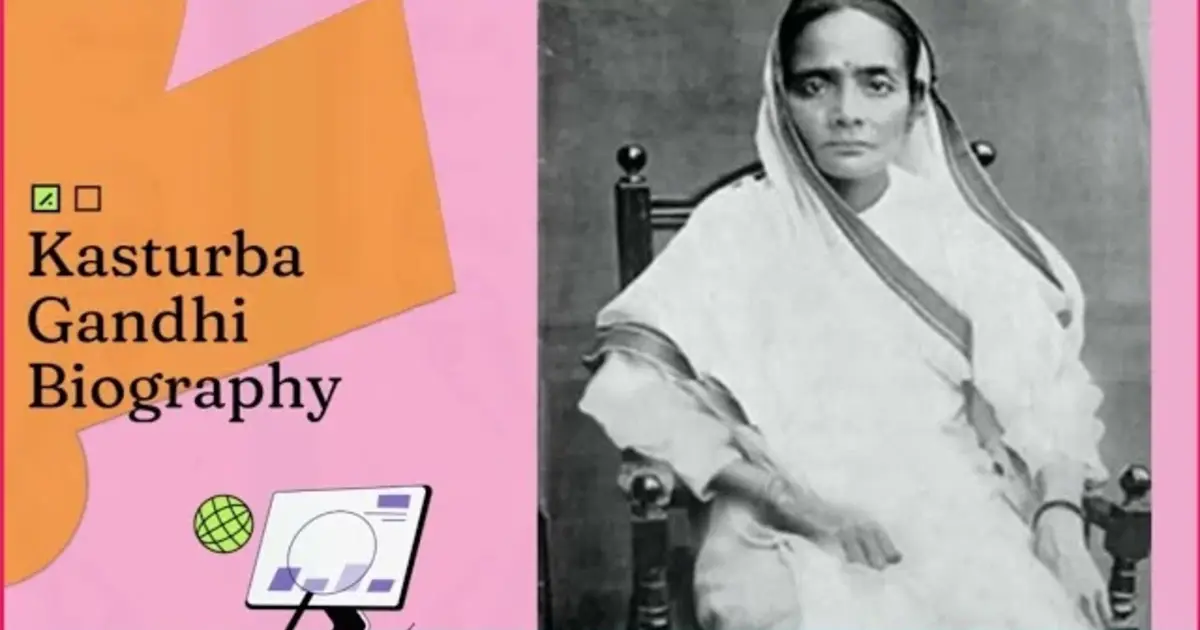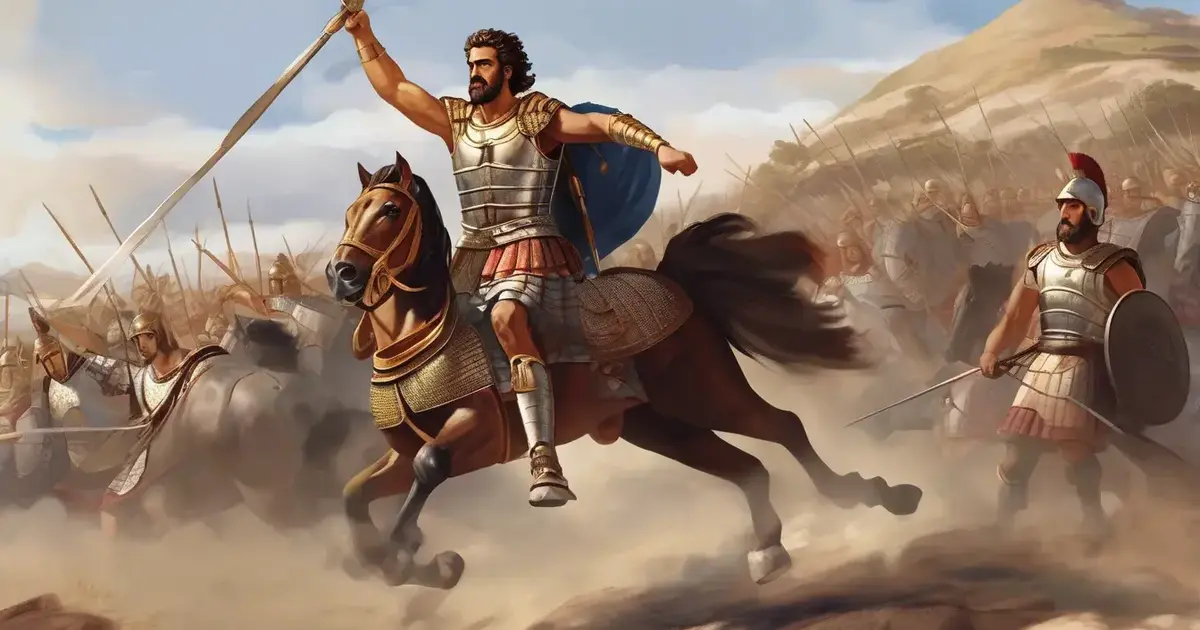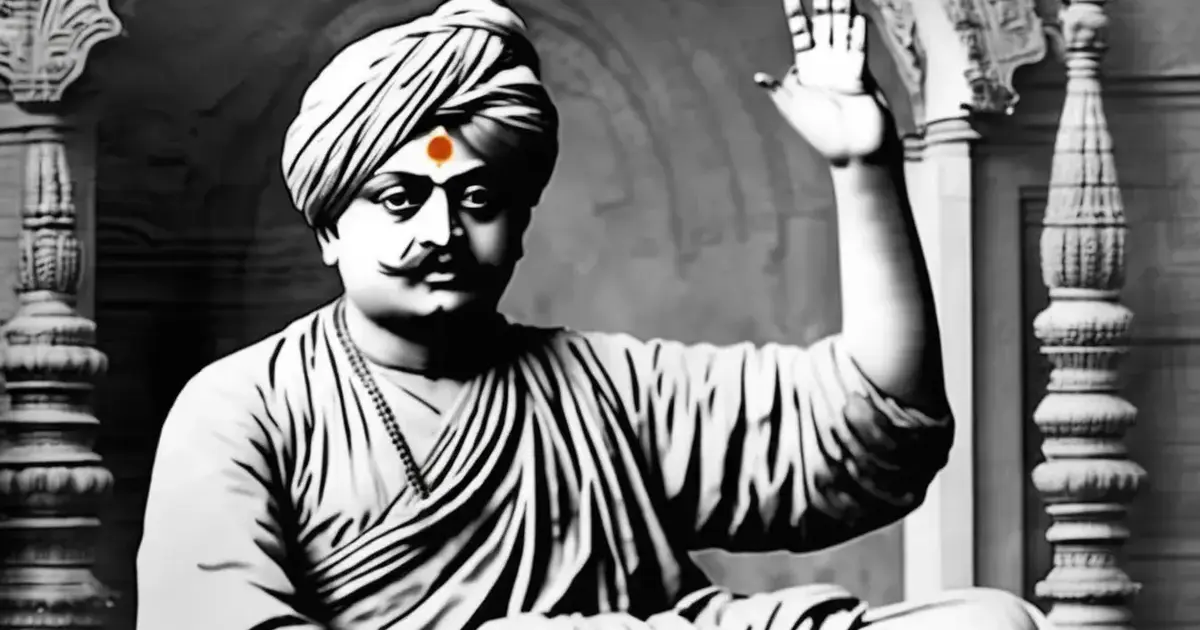Kasturba Gandhi, often overshadowed by her husband Mahatma Gandhi, played a crucial role in India’s freedom struggle and was a strong advocate for social reform and women’s rights. Born on April 11, 1869, in Porbandar, Gujarat, as Kasturba Kapadia, she was married to Mohandas Karamchand Gandhi at the age of 14. Despite her early marriage, Kasturba evolved into a woman of remarkable strength, supporting her husband’s vision and mission for the betterment of India.
Early Life and Marriage
Kasturba was born into a wealthy family, but her early life was marked by traditional customs. As was the norm during the time, her marriage was arranged at a young age, with little input from her. Initially, Kasturba lived a quiet life, but as her husband embraced public service and began his work in South Africa, Kasturba too was drawn into the struggles for justice and equality.
Activism in South Africa
During their time in South Africa, Kasturba became actively involved in the movements led by Gandhi, fighting against the oppressive laws imposed on the Indian community. She took part in protests, public meetings, and boycotts, courageously standing alongside her husband. In 1913, she was even arrested for participating in protests against the treatment of Indian laborers.
Kasturba’s resilience and courage were evident when she defied the British authorities and fought for women’s rights and the rights of the oppressed. Despite her traditional upbringing, she embraced the idea of equality, and her commitment to non-violence mirrored that of her husband.
Role in India’s Freedom Struggle
Upon their return to India in 1915, Kasturba continued to play a pivotal role in the Indian independence movement. While Gandhi was at the forefront of national protests, Kasturba led by example in the background. She worked tirelessly with women in rural areas, empowering them through education and encouraging self-reliance. Kasturba’s efforts helped mobilize thousands of women who became key participants in India’s freedom struggle.
She was an essential figure during the Non-Cooperation Movement and the Quit India Movement. Kasturba was jailed multiple times for her activism, showing incredible perseverance. Her strong will and unwavering commitment to her husband’s philosophy of satyagraha (non-violent resistance) made her a respected leader in her own right.
Kasturba’s Influence on Mahatma Gandhi
Kasturba Gandhi was not just a silent partner to Mahatma Gandhi. She had a profound influence on his thoughts and actions. It is often said that her deep spirituality and steadfast belief in non-violence inspired Gandhi to become the leader he was. While Mahatma Gandhi led mass movements, Kasturba remained the pillar of strength at home, providing emotional support and guidance to her husband.
Their partnership was not without its challenges. Kasturba often had disagreements with Gandhi over certain decisions, especially his more radical experiments with simplicity and celibacy. However, her love and respect for him never wavered. Their relationship was a unique blend of love, partnership, and shared purpose.
Death and Legacy
Kasturba Gandhi’s life was a testimony to her resilience and unwavering commitment to India’s freedom and social justice. She passed away on February 22, 1944, while imprisoned alongside her husband during the Quit India Movement. Her death left a deep void in Gandhi’s life, but her legacy lived on through the countless women and social workers she inspired.
Kasturba Gandhi is remembered as an icon of strength, humility, and sacrifice. Her role in India’s independence movement is often overshadowed by the towering figure of Mahatma Gandhi, but her contributions were invaluable. She was a symbol of India’s women’s empowerment and played a crucial role in shaping the nation’s destiny.
In her memory, several educational and social institutions have been named after her, including the Kasturba Gandhi Balika Vidyalaya, which focuses on promoting education for girls in rural India. Her life continues to inspire generations of women and serves as a reminder of the critical role women played in India’s fight for freedom.
Conclusion
Kasturba Gandhi’s story is one of quiet strength, resilience, and an unyielding commitment to justice. While she may not have sought the limelight, her influence on India’s struggle for independence and her partnership with Mahatma Gandhi are undeniable. Her legacy remains a testament to the power of women in shaping history.


